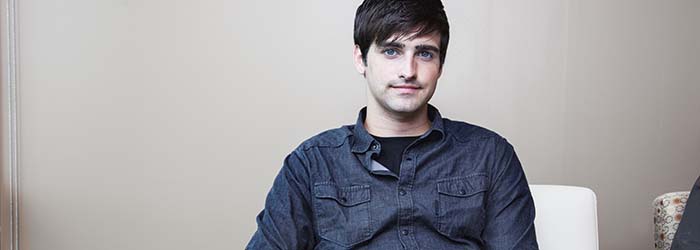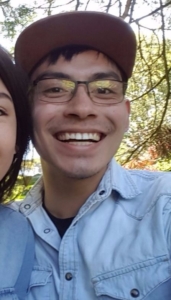Orthorexia: A Deceptive Diet
“Be sure to eat your vegetables.” For me, this saying was an everyday staple of my childhood, and although it has been nearly half a decade since I last lived with my parents, I still try my best to follow a healthy diet and lead a healthy lifestyle. During my freshman and sophomore years in college, though, I entrapped myself in this philosophy to the point that I was becoming withdrawn from my friends and creating a relationship with food that was devoid of enjoyment at both the social and sensory levels. In short, I developed an eating disorder known as orthorexia, which the National Eating Disorders Association describes as “an ‘unhealthy obsession’ with otherwise healthy eating.”
This problem first arose because of a desire to have more healthy hair and skin; i.e., I wanted to look more attractive. I eventually found a consistent, controllable factor as I researched how to obtain these goals: diet. I have always had a bit of an obsessive streak when I find a subject important or interesting, and I certainly applied this trait to this variable. I was also beginning my first nutrition classes at that time, and I would find myself using my textbook as both a learning tool and a rulebook about what I should and should not eat. This would have been the optimal time for someone to step in and say, “this behavior has me concerned;” however, I did not discuss my motives to my friends, family, or teachers until nearly a year into my experience with orthorexia.
I thus continued to cut out more and more foods until I hit rock bottom while sitting in a Perkin’s booth. While my friends laughed and enjoyed their late-night pancakes and burgers, I was lost in planning what I would eat over the next few days and cycling through various micro- and macronutrient facts of different foods. I wondered so far into this thinking that I did not notice we were leaving until one of my friends touched my shoulder. Realizing how far I had traveled down this mental rabbit-hole, I then began to wonder whether food must be only about nutrition and health.
Recovering from orthorexia has required more than a change in how I view food; it has also justified a reflection of the depression and anxiety that have followed me throughout my life. The support of my friends, family, and teachers as well as the guidance of a counselor have been invaluable in helping me accept myself as I am, and I likely would not be where I am today without them. While the temptation to regress to my old habits occasionally surfaces, especially when I am stressed or anxious, I now have a much more positive relationship with my diet and can enjoy a myriad of foods without feeling guilty or arrogant.
Since my recovery from orthorexia, a few crucial lessons have been cemented in my mind: 1) what ultimately makes someone a decent person and enjoyable to be around is not their looks but their character, and 2) food is not just nutrients and energy but also a wonderful way to bring people and communities together.
While I would be naïve to assume that this one blog post will be the ultimate turning point for anyone who is currently struggling with orthorexia or any other eating disorder, I would like to leave my fellow reader with one last sentiment. No matter who you are, please know that you are more than just a set of external qualities. You are a complex and wonderful person who can inspire a tremendous amount of good in the world and who is always deserving of love that is not dependent on your looks, and please know that I am in your corner as you battle the issues you are facing.
Isaac Rider is a senior studying Dietetics at Montana State University. His recovery from orthorexia and depression has helped him find a passion for cooking and writing. He is the vice president of the Montana Student Dietetics Association and helps promote community involvement and professional development for prospective dietetic students.





